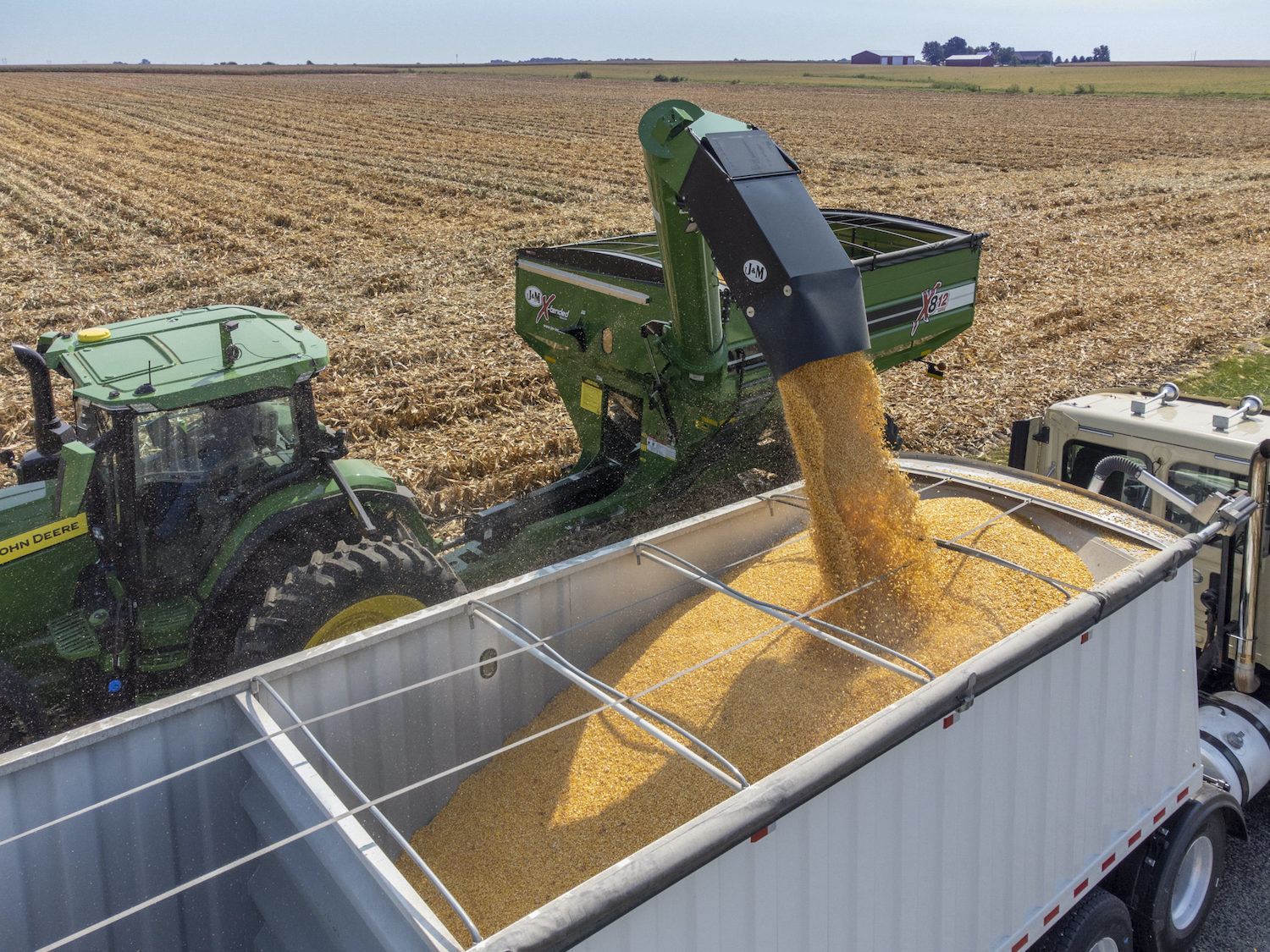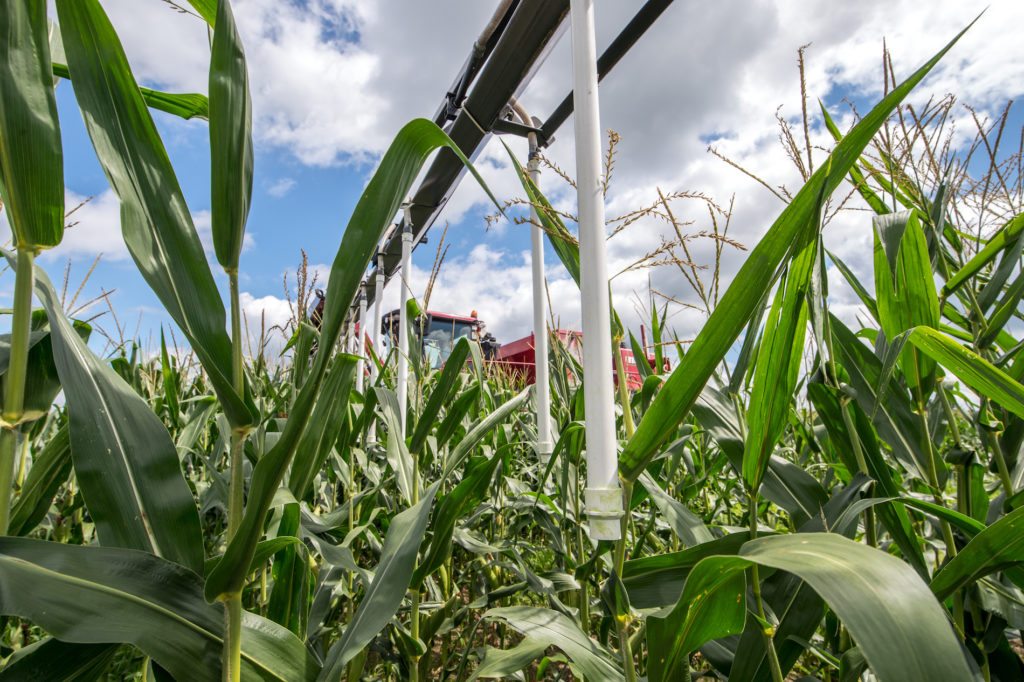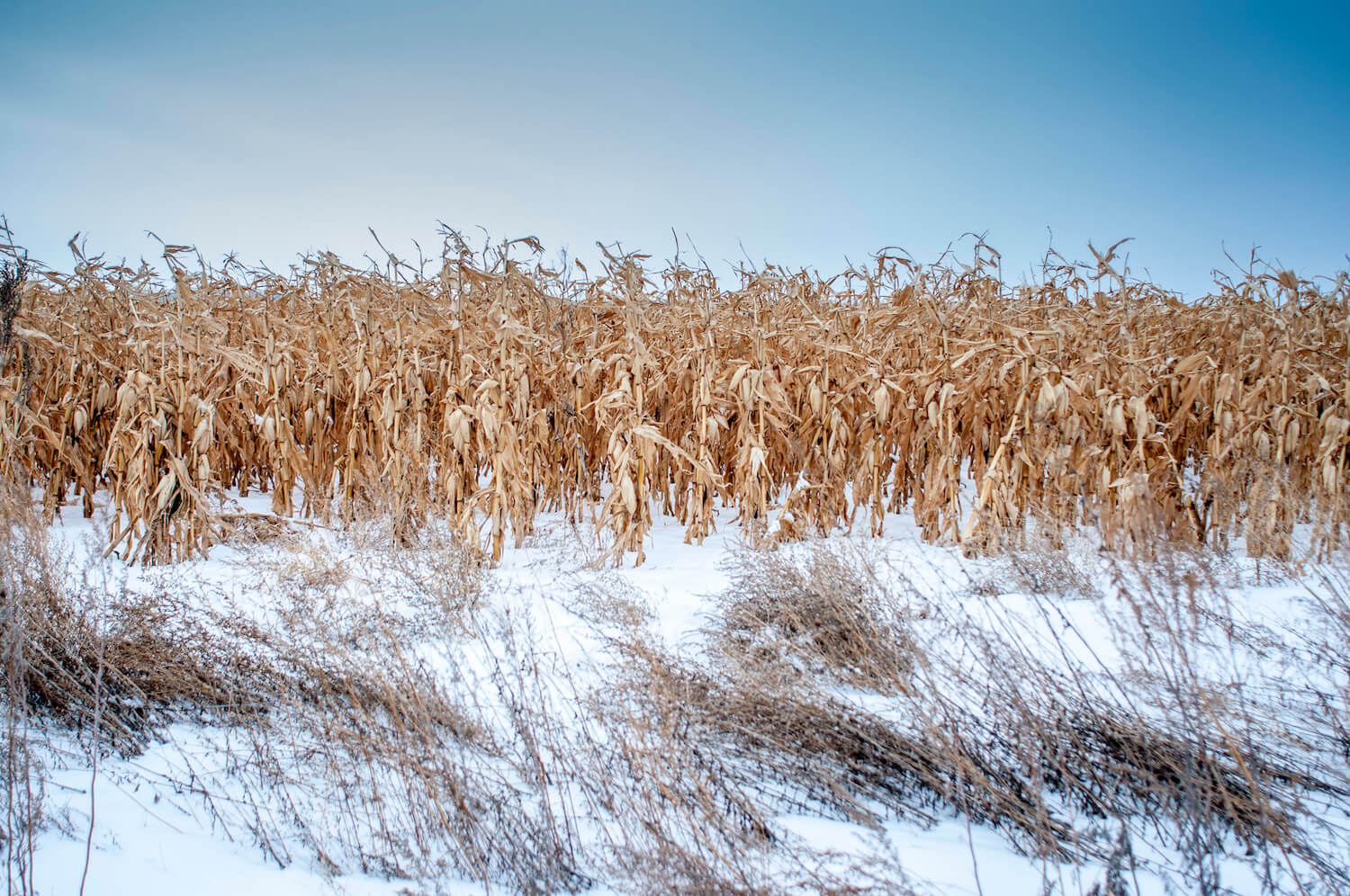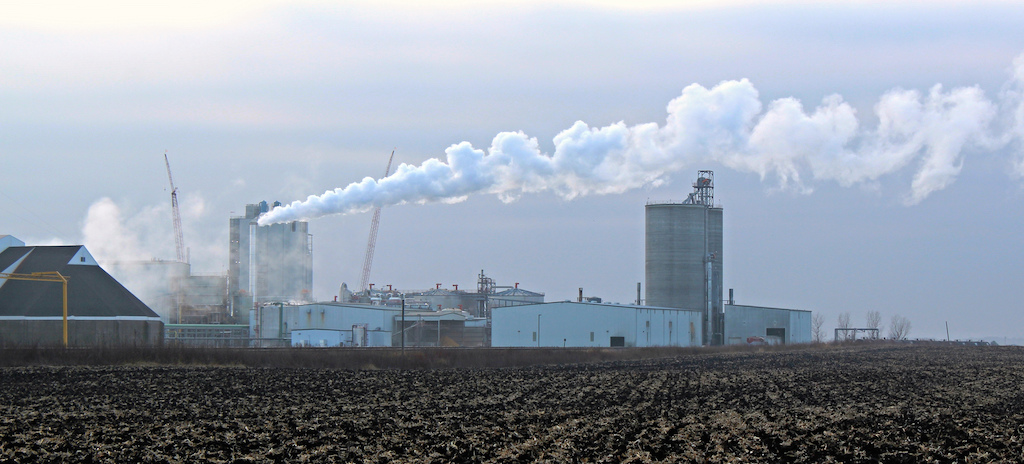Corn production is up—way up. The reason why is not what scientists expected, or hoped for.
Scientists studying crop production in the nation’s Corn Belt, an area stretching from Indiana to Nebraska, are worried. In the region, which produces more than a third of the world’s corn, selective breeding and genetic engineering were once believed to be responsible for a sustained increase in yields for more than a decade. Turns out, that may not be the case, reports National Geographic. According to a new study published in the Proceedings of the National Academy of Sciences, it’s climate change, not human ingenuity, that’s been the main driver of that 15-year corn boom. The current reality of longer growing seasons and mild weather spurred by climate change is favorable to corn production. But that could change in the not-so-distant future, with conditions becoming hotter, drier and more storm-ravaged. —Safiya Charles




